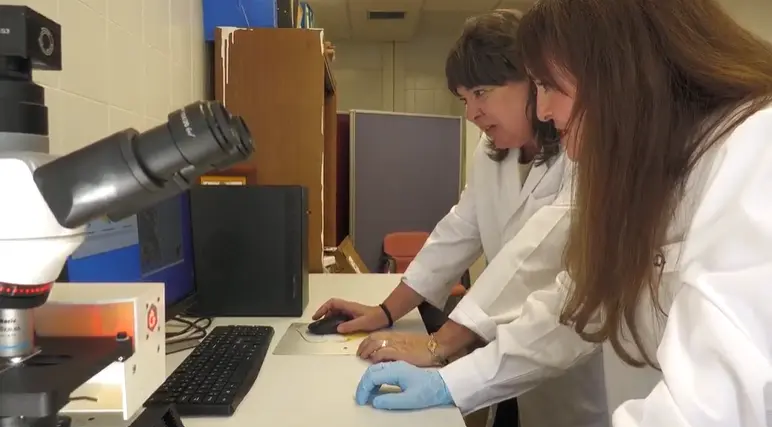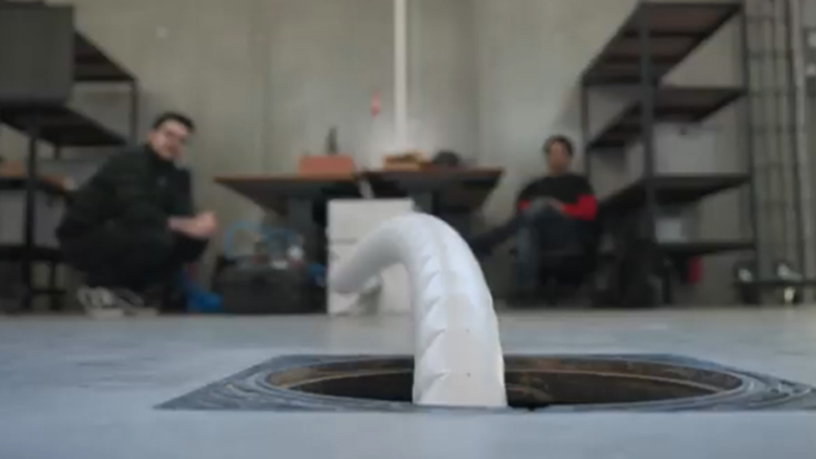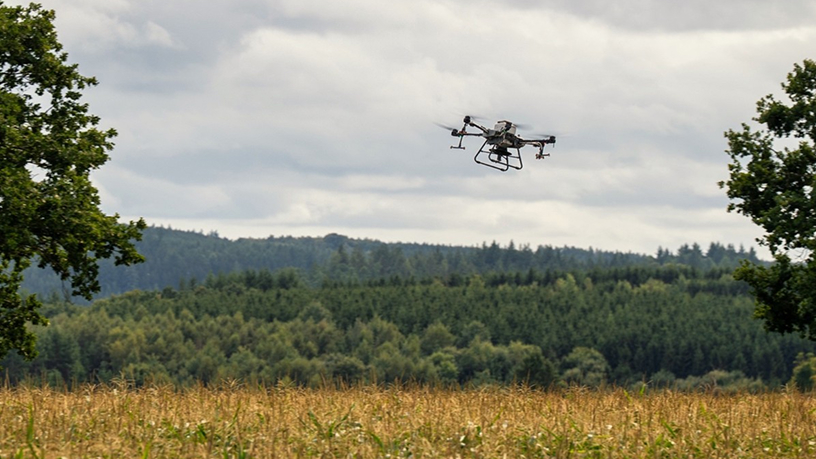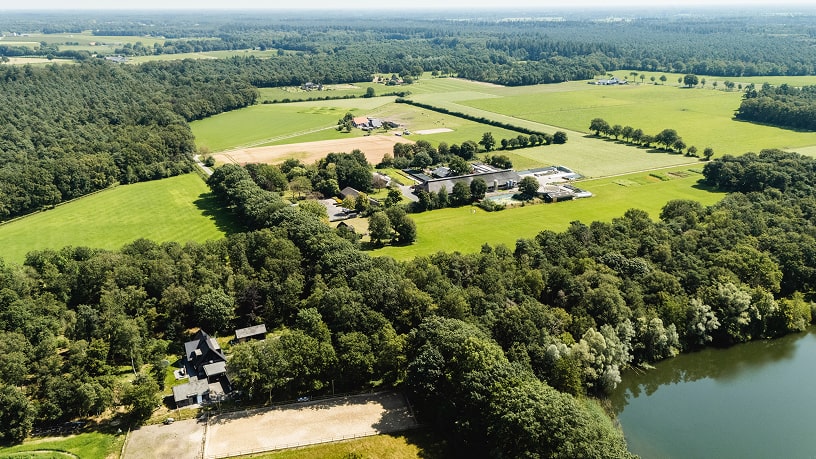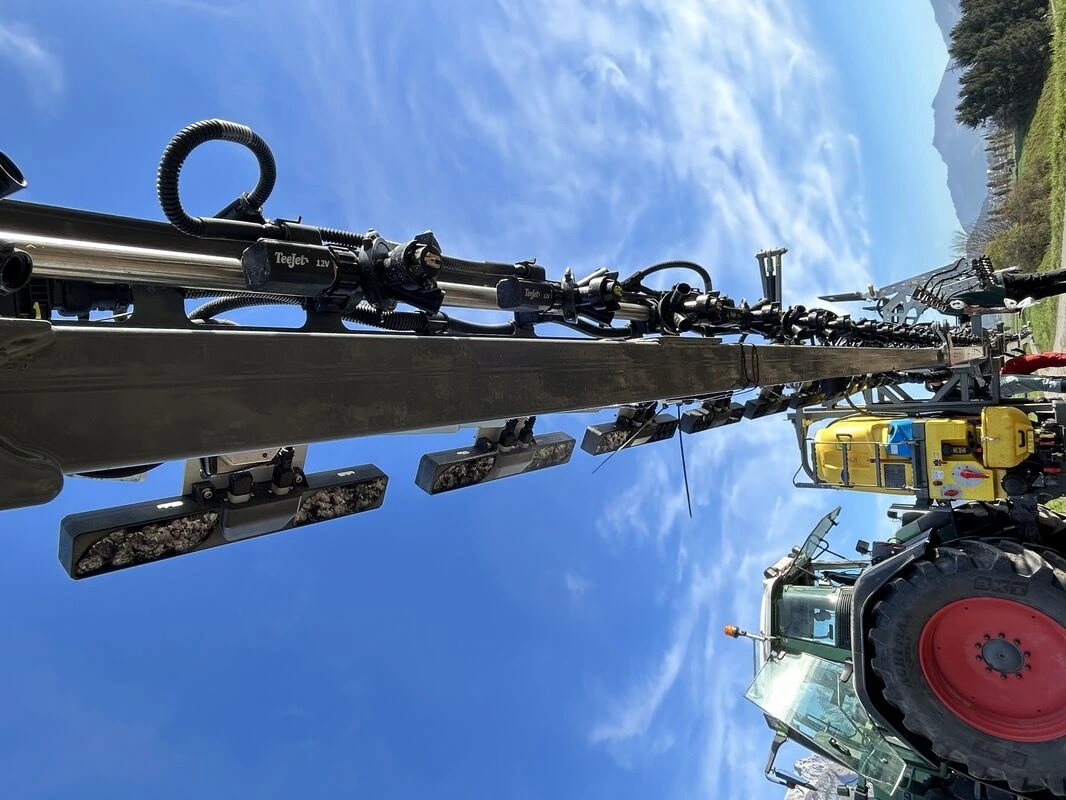Overview
Creating a dataspace involves significant costs and time investment. Technology-related expenses include evolving and adapting reference software components (such as participant agents (connectors), identity and access management mechanisms, and data catalogues), designing the dataspace, and deploying it in a public or private cloud infrastructure. To justify these costs, a compelling value proposition for each data space participant (consumers or providers) is crucial.
The primary aim of the service is to assist the customer in designing well-defined dataspace use cases. The service offers aid in the definition of the purpose, review of the participant roles (that could be data provider, data consumer, data intermediary, or part of the data space governance authority), business and governance models outline, and specification of the reference architecture and user interface of the dataspace.
Tools used in this process include the Starter Kit for Data Space Designers [1], Data Cooperation Canvas [2], Use Case Playbook [3], and Use Case Blueprint [4].
[1] https://dssc.eu/download/attachments/29523973/DSSC-Starterkit-Version-1.0.pdf?download=true
[2] https://www.datacooperationcanvas.eu/canvas/intro
[3] https://internationaldataspaces.org/wp-content/uploads/dlm_uploads/use-case-playbook.pdf
[4] https://dataspacessupportcentre.atlassian.net/wiki/spaces/BVE/pages/357074241/Use+Case+Development
More about the service
How can the service help you?
How the service will be delivered
Service customisation
- GRADIANT | Website

